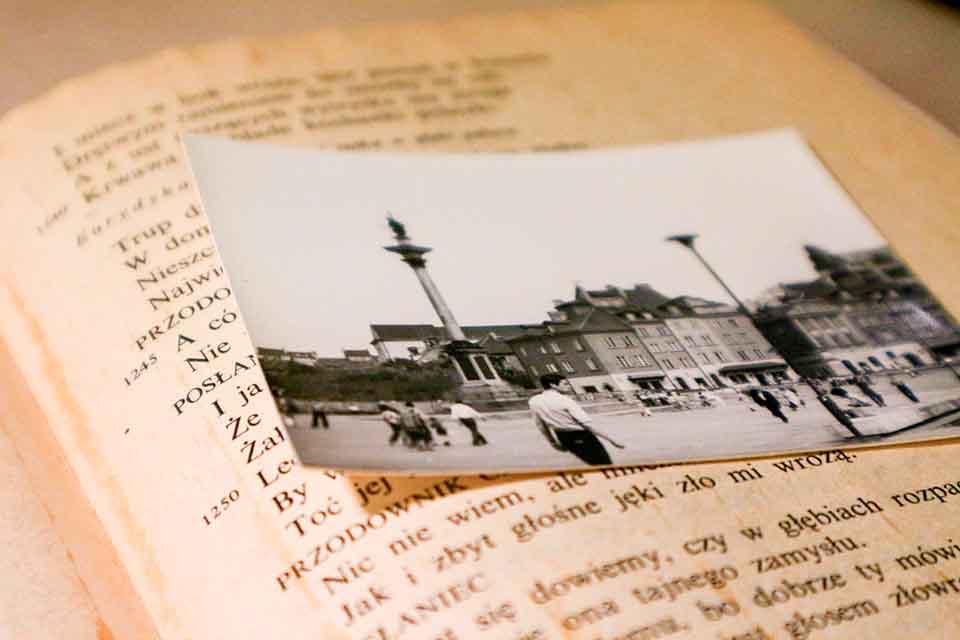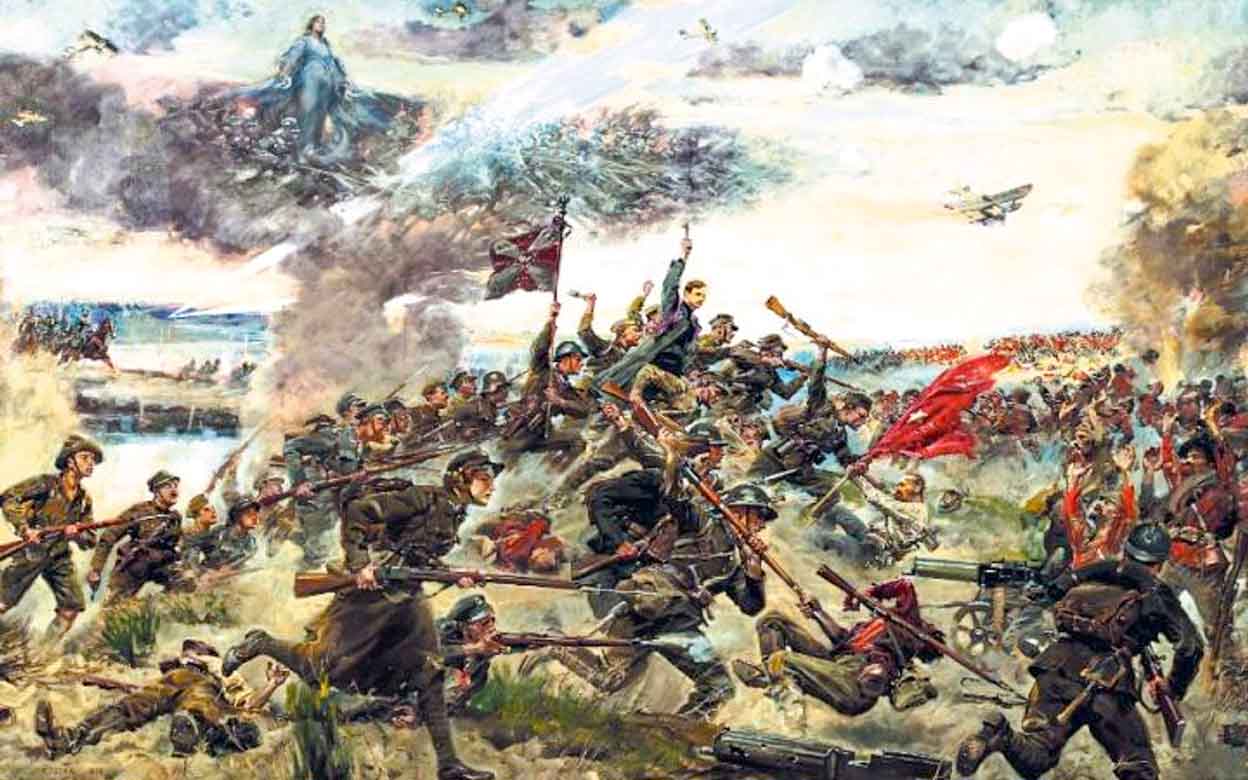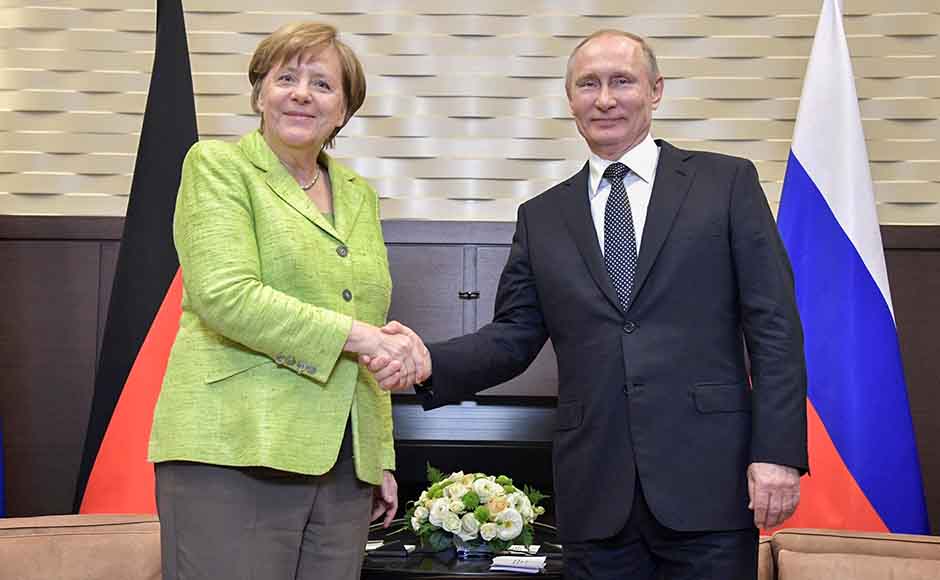While organizing the archives of Kuryer Polski , I came across an article by the legendary "Kuryer from Warsaw", Jan Nowak Jeziorański, entitled "Underestimated achievements of the Polish community", published on August 4, 1992 in Przegląd Polski (Polish Review), once published by Nowy Dziennik (New Daily) from New York.
Polish people do not need to be reminded who Jan Nowak Jeziorański was, so I'd rather focus on what this Great Pole said in this article. Jeziorański devotes his entire article to a book by prof. Donald Pienkos "For Your Freedom Through Ours: Polish American Efforts on Poland 's Behalf, 1863-1991" published by East European Monographs (First Edition, September 15, 1992).
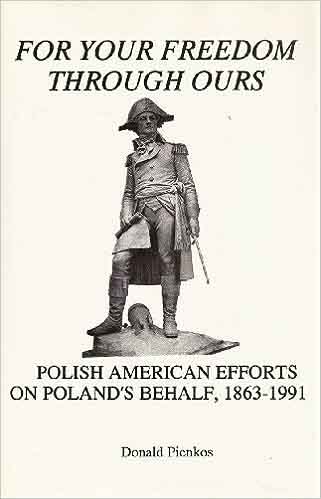
The cover of Pienkos' book "For Your Freedom Through Ours" (Source: Amazon)
Jeziorański reviews this book as follows:
This is not just another study on the Polish ethnic group, its demographics, social and organizational composition, sociological characteristics, etc. This is the history of the organized activities of the Polish community for Poland — an account drawn up using the scientific method..., extremely richly documented.
Next, the author analyzes the range of 128 years described by Pienkos and pays tribute to him for his extremely substantive work.
Jeziorański writes: "Historians in Poland treat the role of the Polish community rather marginally." Jeziorański gives an example of a book edited by Aleksander Gieysztor entitled "Historia Polski", where — out of 720 pages — only one is devoted to the Polish community abroad.
He further analyzes the most important achievements of the Polish community in America, including the role of Jan Ignacy Paderewski in the work of uniting Polish organizations and exerting pressure on the American administration for the benefit of starving children in Poland, and regaining its independence. The Polish diaspora did not disappoint Paderewski and, at his appeal, sent over 22,000 volunteers to the Blue Army, who became the moral backbone of this émigré army.
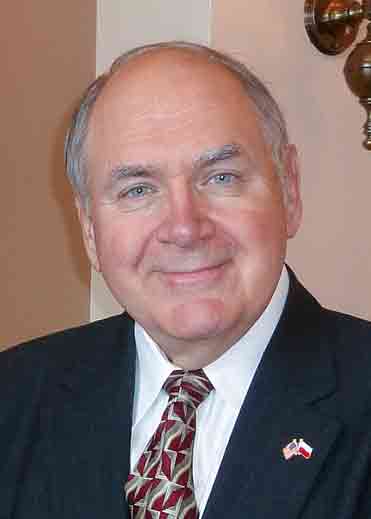
Prof. Donal Pienkos (family archives)
Jeziorański — following Pienkos — tells how important the influence of the American Polonia was on many issues: the recognition of the border on the Oder and Nysa Łużycka rivers, the constant influence on American presidents by Karol Rozmarek, Alojzy Mazewski [past presidents of the Polish American Congress — ed.], Polish congressmen Zabłocki, Puciński, Derwiński.
For my part, I must add that I personally know Prof. Donald Pienkos and — a few years ago — I took his book to the head of Poland's largest organization dealing with the Polish diaspora. I even arranged for a meeting of Prof. Pienkoś with the mentioned "patron" of Polonia — and nothing happened.
Today, we can observe a flourishing of organizations in Poland dealing with the Polish diaspora and even with research into it. However, we will never find Pienkos' book, or other books written by American Polish scientists, in bibliographies. The narrative that appears in Warsaw-centric studies on Polonia differs significantly from those written by Polish scientists.
It's worth taking a look at the American archives. Perhaps a barrier for Polish historians is the fact that the sources are written in English?
Finally, I would like to remind you what the greatest promoter of Polish history in the world, prof. Norman Davis, has written: "Poles in exile made a great contribution to the development of the countries of settlement, but their contribution to the survival of their own nation was even greater."
Translation from Polish by Andrew Woźniewicz.






